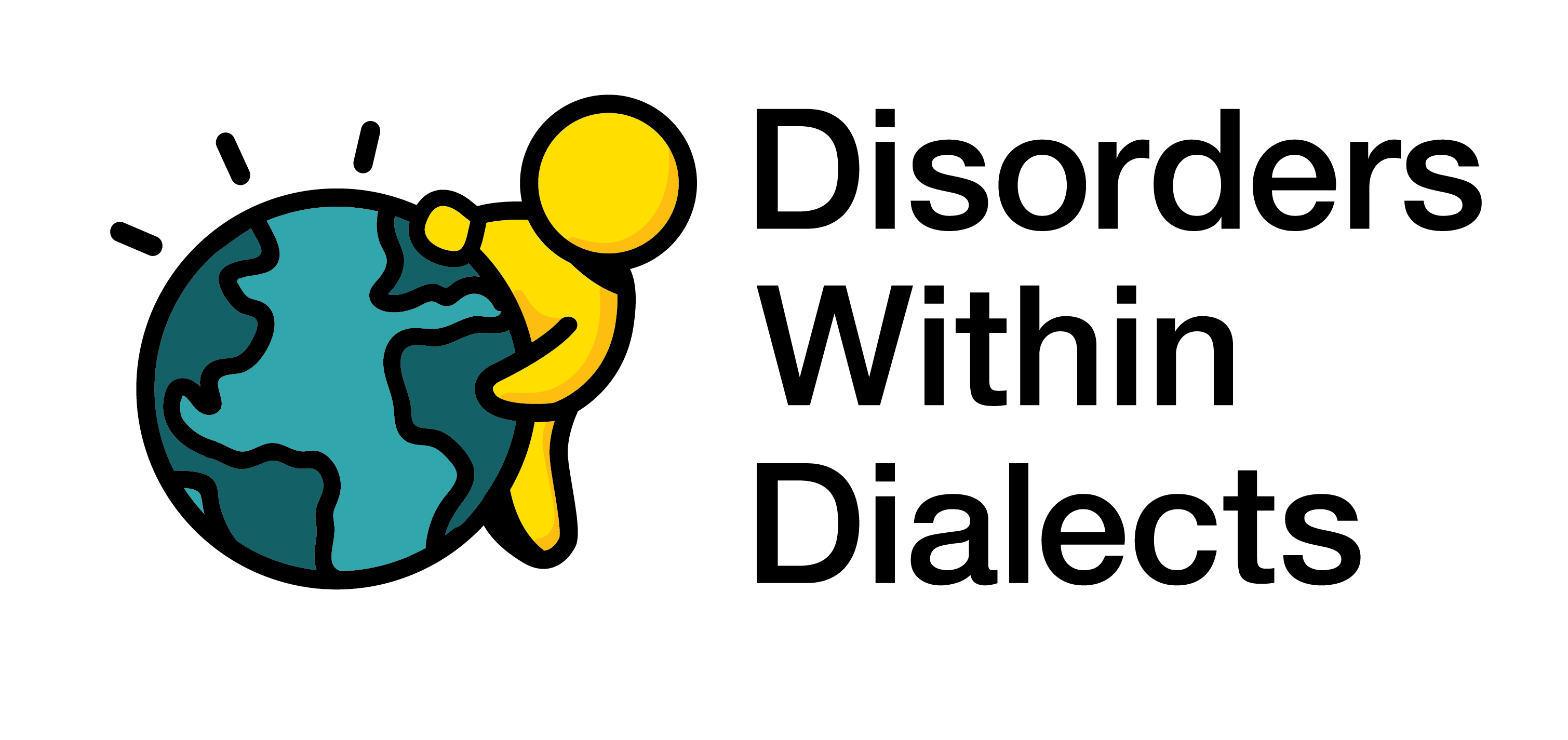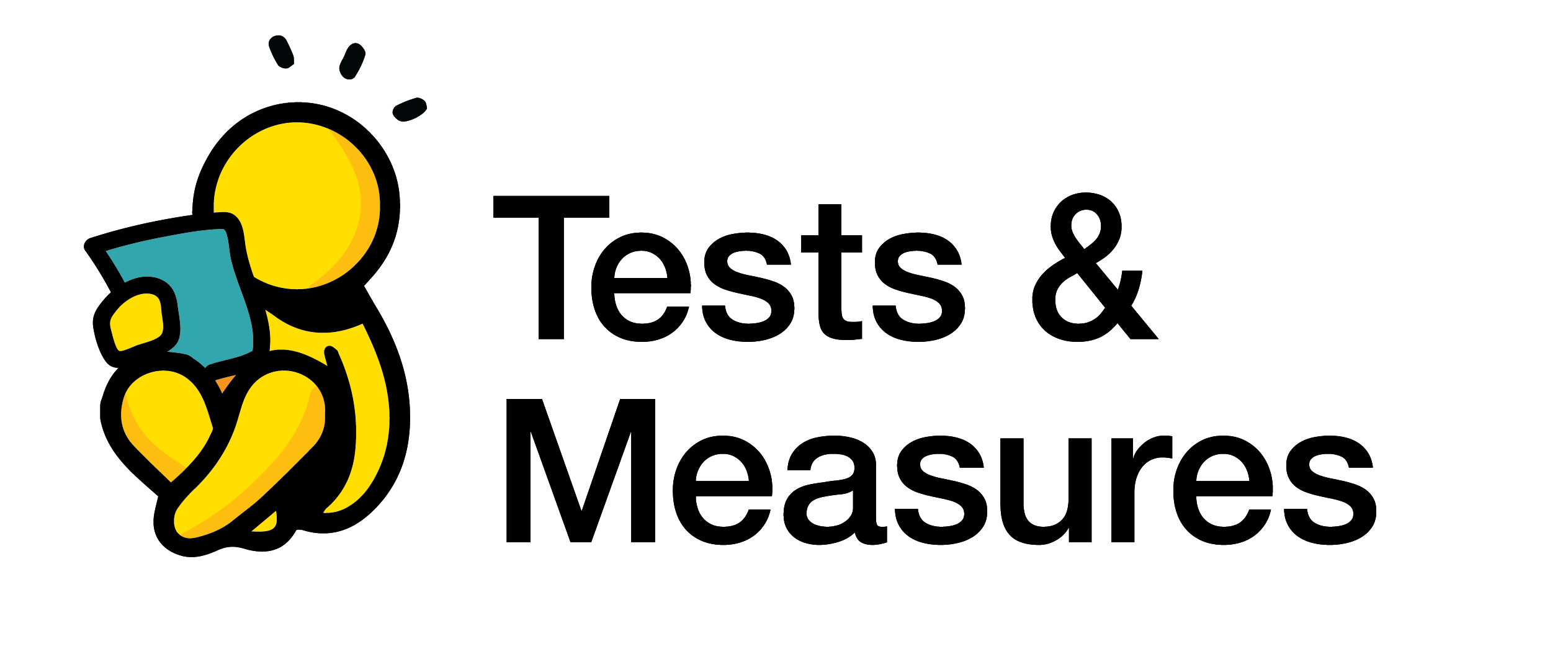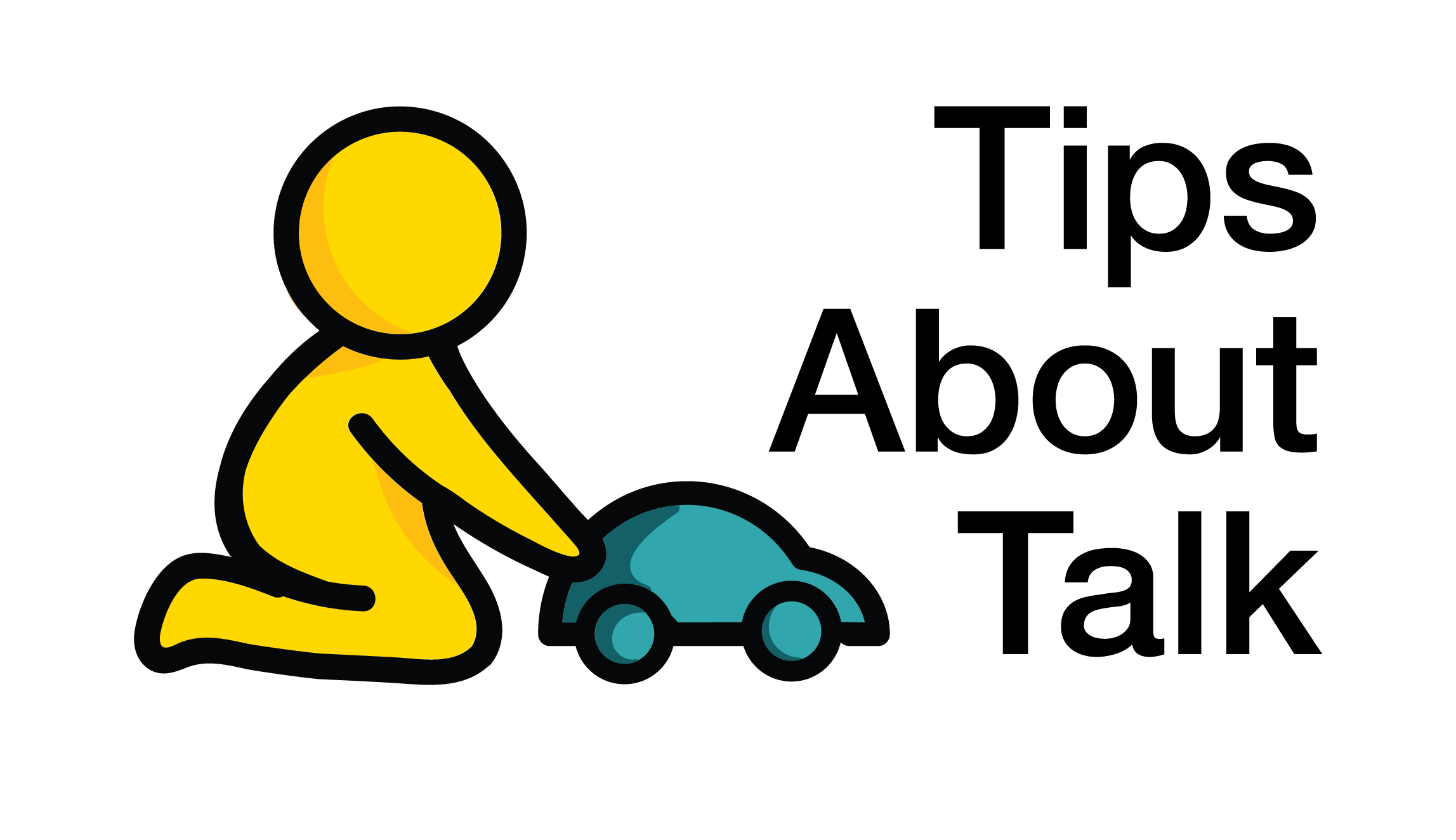Projects

A small percentage of children in ALL dialects and languages struggle to learn language at levels commensurate with their typically developing siblings and friends. The name of this clinical condition varies and can include: Specific Language Impairment (SLI), Developmental Language Disorder (DLD), and Receptive and Expressive Language Impairment (LI).
- SLI/DLD affects more than 1 million students under the age of 18 years.
- The prevalence of SLI/DLD in kindergarten is 7-15% compared to <2% for Down syndrome and Autism.
- SLI/DLD is not caused by frank neurological, sensorimotor, nonverbal cognitive, or social disorders.
Children with DLD:
- Are often Late Talkers as defined by < 50 words and not combining words by 2 years of age.
- Have smaller vocabularies and produce less grammatically complex utterances than expected for their age, gender, and dialect.
- Have an increased risk of reading, writing, and spelling difficulties in school.
- Continue to struggle with language-based tasks throughout adulthood, even though they can excel in college and graduate school with increased effort.
Our lab studies children with and without SLI/DLD in various dialects of English, including General American English (GAE), rural and urban varieties of African American English (AAE), rural varieties of Southern White English (SWE), and Cajun/Creole English (CE).

Speech-Language Pathologists administer a variety of tests and measures to screen and diagnose children with SLI and other developmental language disorders. Our lab evaluates existing tests and measures and works to develop new tools that are valid and reliable for all children, regardless of their English dialect. Two indices we use to examine the validity of a tool are sensitivity and specificity.
Sensitivity (Se): % of children with an impairment accurately classified as impaired by a tool.
Specificity (Sp): % of children without an impairment accurately classified as typical by a tool.

Through our free Tips about Talk workshops, we help adults (parents, teachers, childcare providers) better understand the language needs of children. Sites that have hosted our workshops include the Knock Knock Children's Museum and Father's on a Mission (FOAM). Workshops are customized for audiences.
Audience: Adult and Child, Groups of Adults, or Groups of Adults and Children.
Session length: One 15- to 30-minute activity, One-hour Sessions, or Multiple One-hour Sessions.
Workshops focus on typical and atypical language and literacy development in children and techniques adults can use to facilitate children's development of language.
Our lab also conducts research on the efficacy of caregiver training programs. Some of the questions we ask:
- Do workshops lead to positive changes in children, families and communities?
- Can workshops be improved by altering the materials, format, and/or intensity of the sessions?
- Are workshops presented remotely as effective as face-to-face workshops?